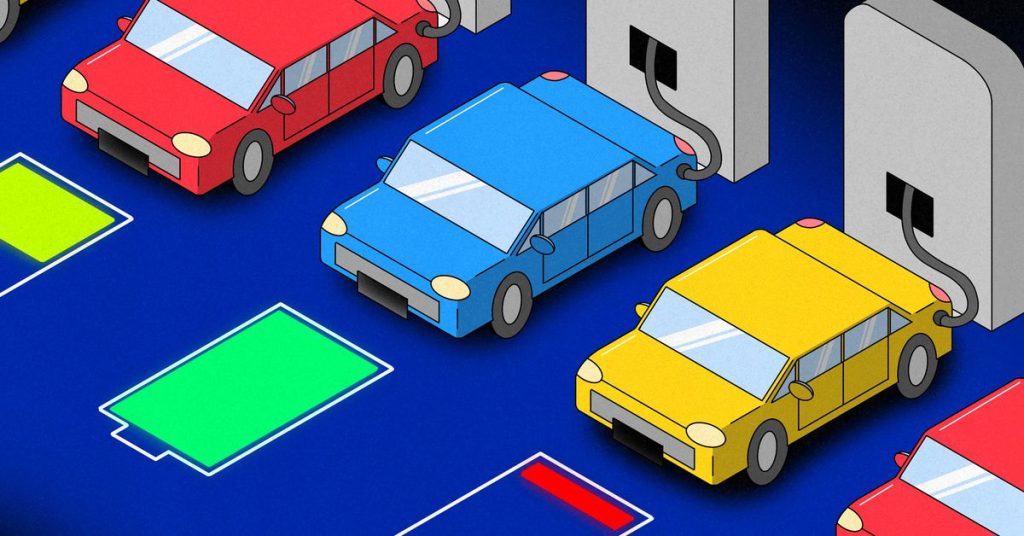GOP Lawmakers Aim to Derail Biden’s Climate Agenda for Automotive Sector
Republican legislators are making concerted efforts to dismantle the two central components of the Biden administration’s climate strategy: incentives for electric vehicle adoption and the Environmental Protection Agency’s recently introduced regulations to reduce vehicle emissions.
Multipronged Approach to Rollback Progress
The GOP’s campaign involves a combination of newly proposed legislation by members of Congress and legal challenges filed by state attorneys general. The ultimate goal is to undo the limited headway made by the Biden administration in decreasing the proportion of greenhouse gas emissions generated by the automotive industry.
Attorneys General File Lawsuit Against EPA Rules
In a recent development, a group of 25 Republican attorneys general initiated a lawsuit seeking to overturn the EPA’s freshly established tailpipe rules, which aim to cut greenhouse gas emissions by 50% by 2032. Kentucky Attorney General Russell Coleman accused President Biden of prioritizing his “radical green agenda” at the expense of American autoworkers and the industry as a whole.
Congressional Support for Rollback Efforts
The Republican attorneys general have found an ally in Michigan Rep. John James, who introduced a bill last week to repeal the $7.5 billion allocated in Biden’s infrastructure law for the development of a nationwide electric vehicle charging network. Similarly, Wyoming state legislators have proposed a resolution urging Congress to reconsider EV tax credits, arguing that they put American automakers at a disadvantage compared to global rivals like China in the race to dominate the EV market.
Potential Supreme Court Involvement
These Republican-led initiatives may eventually find their way to the Supreme Court, where a conservative majority has demonstrated a degree of hostility towards the EPA’s pollution-reduction objectives. The court has already issued a ruling limiting the agency’s authority to regulate greenhouse gas emissions from power plants.
Controversy Surrounding EV Tax Incentives
The Biden administration has faced criticism for its handling of the rules governing which electric vehicle models qualify for a $7,500 federal tax credit. The final guidance provides a two-year grace period for automakers whose EV battery packs contain trace amounts of minerals like graphite sourced from China or other “foreign entities of concern” to fully comply with the Inflation Reduction Act.
EVs as a Wedge Issue in Culture Wars
In the lead-up to the November election, Republican politicians, spearheaded by former President Donald Trump, have capitalized on electric vehicles as a divisive topic in the ongoing culture wars. Consequently, Republican voters have grown increasingly skeptical of EVs, perceiving them as a symbol of liberal elitism and government overreach.

5 Comments
Clearly, electric vehicles sparked more than just engines; they ignited a full-blown ideological clash!
Hardly a war, more like a heated debate on the road to the future, don’t you think?
Isn’t it electrifying how quickly cars became a political battlefield? Charge into the debate, but let’s not run out of energy fighting progress.
Why are Republicans so charged up against EVs, looking to short-circuit progress?
Since when did reducing carbon footprints become a partisan issue? Let’s drive the conversation, not the division.